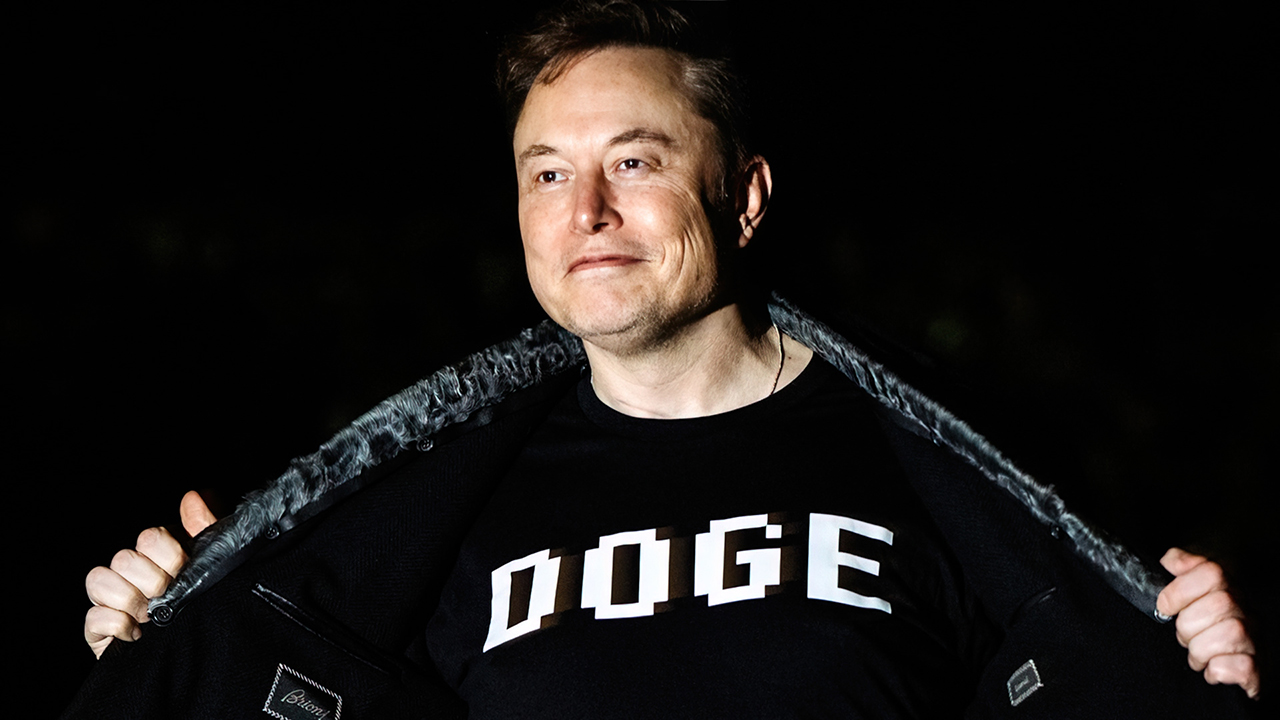AI and Automation: Shaping the Future of European Business in 2025


Artificial intelligence and automation are no longer futuristic concepts; they are here, redefining industries across Europe. From streamlining manufacturing processes to personalizing customer experiences, these technologies are shaping the way businesses operate. With the EU actively pushing digital transformation through policies and funding, companies that embrace AI-driven solutions stand to gain a significant competitive edge.
The year 2025 marks a pivotal moment in this transformation. European businesses are investing heavily in AI-powered analytics, automated workflows, and machine learning applications to boost efficiency and reduce costs. However, while AI opens up new possibilities, it also presents challenges—from ethical considerations to workforce disruptions. Understanding these dynamics is crucial for companies looking to harness the full potential of automation in the European market. Interestingly, industries beyond tech, such as gaming and entertainment, are also leveraging AI to enhance user experiences and optimize decision-making. If you’re curious about how AI is revolutionizing casino gaming, click here to explore the latest trends in the industry.
AI in European Industries: A Game-Changer
From finance to retail, AI is transforming industries by improving decision-making and automating complex tasks. In manufacturing, smart factories equipped with AI-driven robotics are enhancing productivity and precision. The automotive sector is leveraging AI for predictive maintenance and self-driving technology, reducing downtime and improving safety.
Retail businesses are using AI-powered recommendation engines to personalize shopping experiences, boost customer engagement, and drive sales. In logistics, AI is optimizing supply chain management by predicting demand, reducing waste, and improving delivery efficiency. Even agriculture is being revolutionized by AI, with automated drones and precision farming technologies increasing crop yields and reducing environmental impact.
In the financial industry, AI-powered algorithms are revolutionizing risk assessment and fraud detection. Banks and fintech firms use machine learning models to provide personalized financial advice, automate compliance, and streamline transactions. Meanwhile, healthcare is undergoing a digital revolution, with AI assisting in diagnostics, drug discovery, and robotic-assisted surgeries.
For businesses that want to stay ahead, adapting to AI advancements is no longer optional—it’s a necessity. Companies looking to integrate these technologies into their operations can explore AI solutions tailored to their needs.
The Workforce Shift: Balancing Automation and Employment
While automation improves efficiency, it inevitably raises concerns about job displacement. Studies suggest that AI-driven automation will replace some roles but also create new opportunities. The challenge for European businesses is to strike a balance between leveraging AI and maintaining a skilled workforce.
To address this, many companies are investing in upskilling programs, equipping employees with AI-related competencies. Governments across Europe are also rolling out initiatives to support workforce adaptation, ensuring that the transition to automation benefits both businesses and workers.
The demand for AI specialists, data scientists, and automation engineers is growing rapidly. Companies that proactively reskill their employees will be in a stronger position to navigate this shift, ensuring that humans and AI work together rather than in competition.
Additionally, businesses are exploring hybrid workforce models where AI handles repetitive tasks while employees focus on strategic decision-making and creativity. This approach not only enhances productivity but also ensures job roles evolve alongside technology, fostering a future-proof workforce.
Ethical AI: The Regulatory Landscape in Europe
Europe has been at the forefront of ethical AI discussions, with the EU implementing regulations to ensure responsible AI deployment. The European Commission’s Artificial Intelligence Act is set to establish clear guidelines for businesses, focusing on transparency, accountability, and risk mitigation.
One of the key concerns is bias in AI algorithms, which can lead to unfair decision-making in areas such as hiring and credit scoring. To combat this, businesses are being urged to adopt ethical AI frameworks, ensuring fairness and inclusivity in their AI models.
Additionally, data privacy remains a top priority. The General Data Protection Regulation (GDPR) already sets a high standard for data protection, and AI-driven systems must comply with these regulations to ensure consumer trust. Businesses that prioritize ethical AI practices will not only stay compliant but also build a strong reputation in an increasingly AI-driven marketplace.
AI transparency is another pressing issue. Many AI models function as “black boxes,” making it difficult to understand how they arrive at decisions. The EU’s AI Act is pushing for explainable AI, ensuring businesses can provide clear justifications for AI-driven actions, ultimately fostering greater trust between companies and consumers.
The Road Ahead: What’s Next for European Businesses?
The future of AI and automation in Europe is promising but requires a strategic approach. Companies that embrace AI for innovation, invest in workforce development, and adhere to ethical guidelines will lead the next phase of digital transformation.
Collaboration between businesses, policymakers, and technology providers will be crucial in shaping AI’s impact. Organizations that proactively engage in discussions around regulation and ethical AI will be better positioned to adapt to new legal frameworks while staying ahead of the competition.
Moreover, businesses should focus on AI adoption beyond operational efficiency. Customer experience, sustainability, and social impact are key areas where AI can drive meaningful change. Companies that integrate AI responsibly while prioritizing human-centric approaches will gain a long-term advantage in the market.
While challenges remain, the opportunities AI presents are vast. European businesses that act now will be well-positioned to thrive in 2025 and beyond, leveraging AI and automation to drive growth, efficiency, and long-term success.
The post AI and Automation: Shaping the Future of European Business in 2025 appeared first on European Business & Finance Magazine.
















































